As most of you may know, I live in New York State (Hudson Valley region). This is very close to the COVID-19 outbreak in Westchester County. There has been one confirmed case in my town. As such, we are experiencing the outbreak ahead of the curve from the rest of the country. School has been canceled for at least two weeks and perhaps indefinitely. All public gathering places are closed; restaurants, bars, movie theaters, malls, churches, etc. As a radio engineer, the COVID-19 virus has several implications:
- Things are still going to break and will need attention. The good news is that most transmitter sites are unmanned. The only social interaction may be during the travel phase (getting fuel, food, etc).
- Many studios and offices are being abandoned as well. Over the last few days, we have set up DJs to operate from their houses. Most sales and office staff have been told to work from home.
- Broadcasters have been designated critical communications infrastructure, and The Department of Homeland Security has issued letters that allow travel and procurement of fuel during the national emergency for critical personnel.
- I managed, prior to the store shelves being emptied this weekend, to procure some PPE. I don’t know how effective it will be, but anything is better than nothing.
- Since Hurricane Sandy, I have had in place many emergency supplies and equipment needed to restore service in the event of a long-term interruption of basic services.
There are many long-term economic implications. For commercial radio stations, the loss of income is going to be extreme. As the virus has spread, businesses have canceled pretty much all advertising. During past disasters, radio was often the only means of getting information to the general population. I am not sure if this is still the case. How relevant is radio these days?

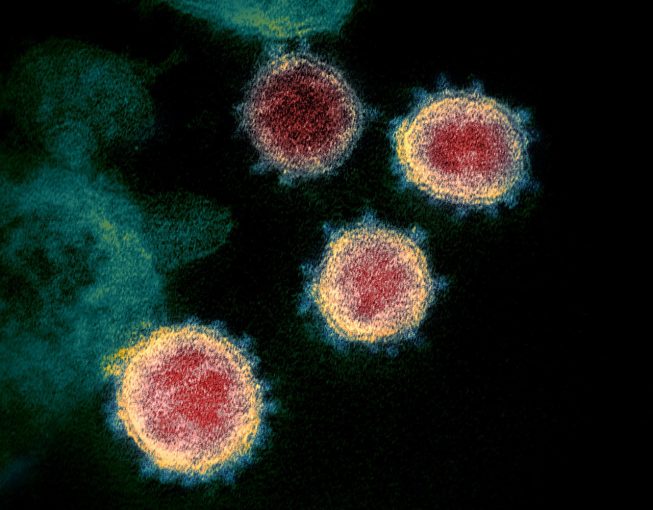

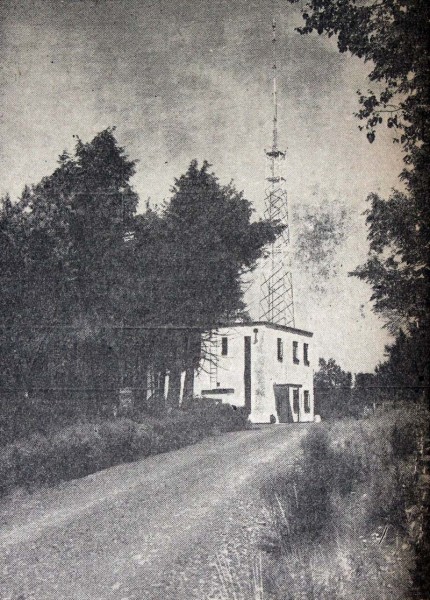
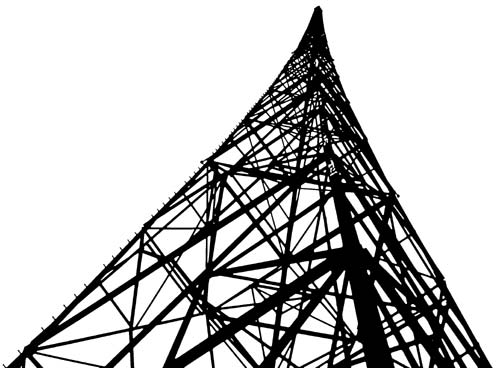
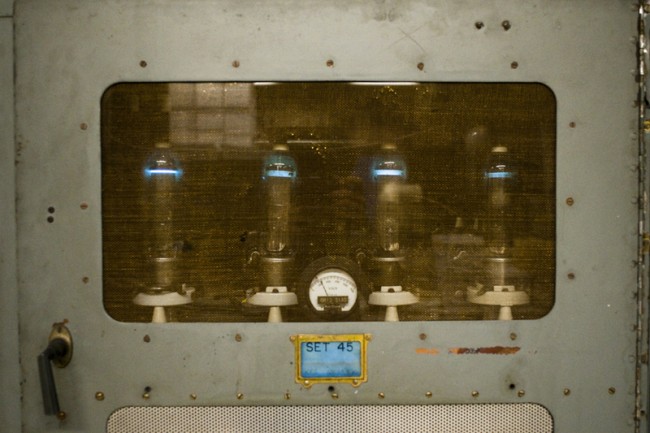
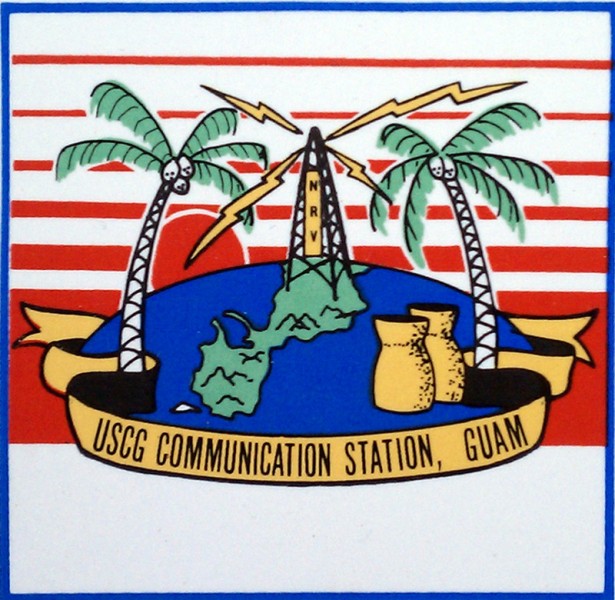
Well, that’s not a question like your suggestion “How relevant is radio these days?” As there is not any major communication infrastructures disruption, i.e. the Hurricane Sandy.
But there is still and strong the other good point/places for broadcast radios: being a relevant part of an encased, even if not dispersed, people community. Here we have several radio broadcaster ‘mouth of good things’ initiatives. Public readings, presenting performances that aren’t anymore aired in public or private places … well, business aren’t going as usual, but still the radio broadcaster may have a big impact IMHO.
Ciao and stay well, carry on.
Salvo
Sadly, and I mean I’m sad that it is at this point, radio is completely irrelevant unless there’s a catastrophe that takes out the internet over a widespread area for an extended amount of time. But what happens then? People tune to radio and hear the same automated, voicetracked junk they’ve been insulted by for years. The talent working from home are likely voicetracking, and likely are voicetracked when at the studios anyhow. So, something disrupts our main pipeline for audio, video, and written news – and people try good old analog radio only to get – nothing. It’s tragic that at one time AM stations could travel great distances, and didn’t need line of sight to make it to a receiver, making the reliable because they had someone there. Today — nope. So, if we lose our internet and people don’t have a TV antenna, we’re screwed. And even if you do have a TV antenna, most station no longer have master control locally but instead it’s IP based from hubs like Syracuse. Hopefully someone has a way to get on the air w/out the internet…